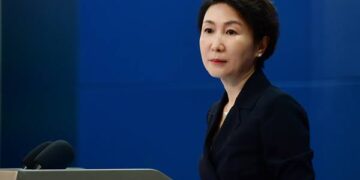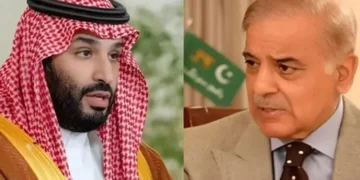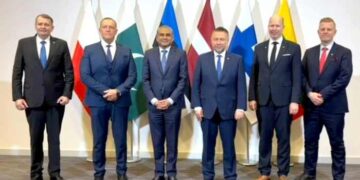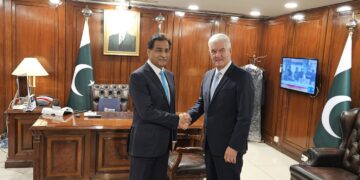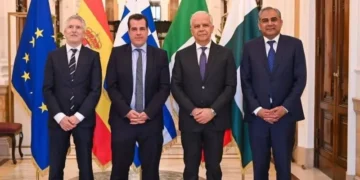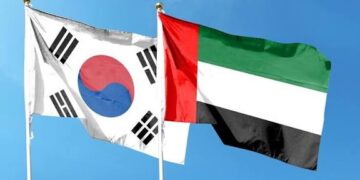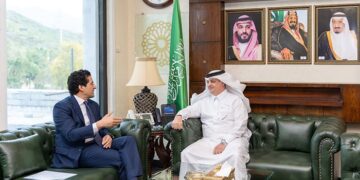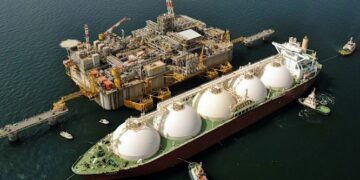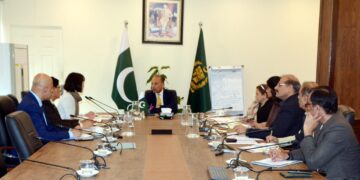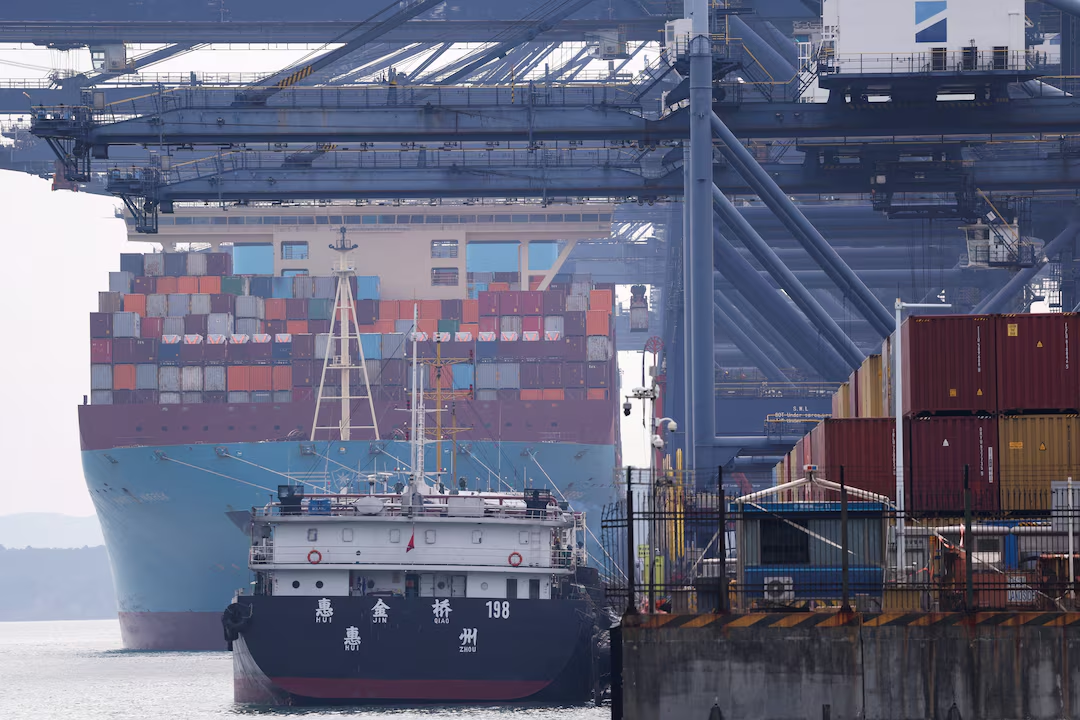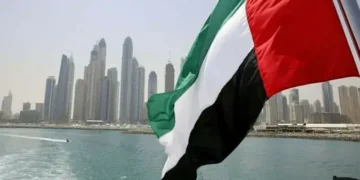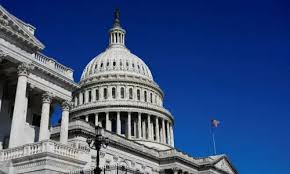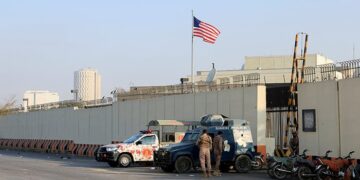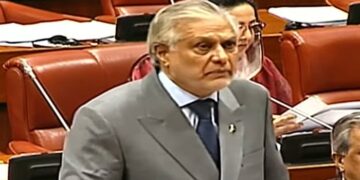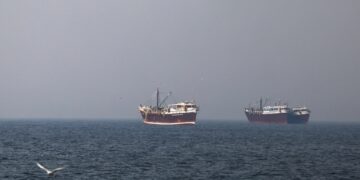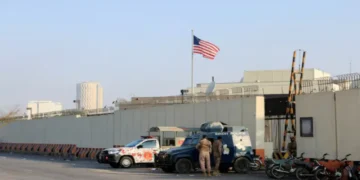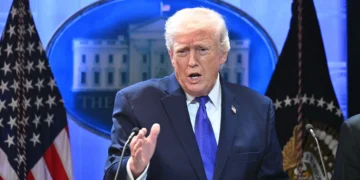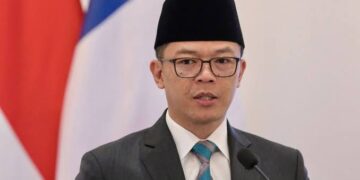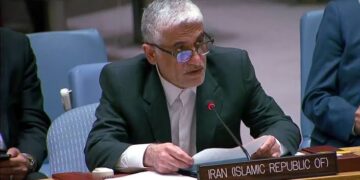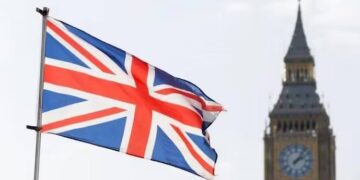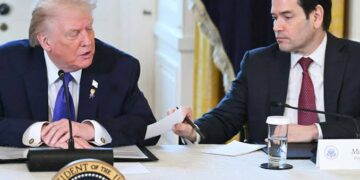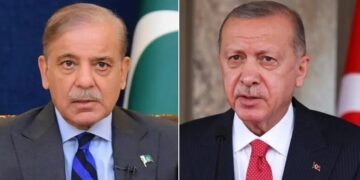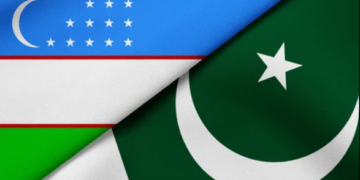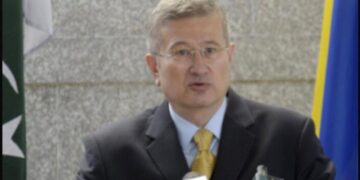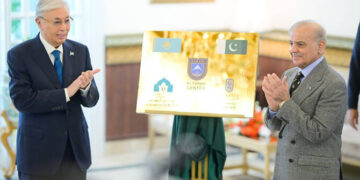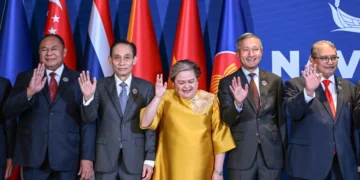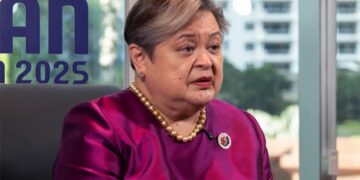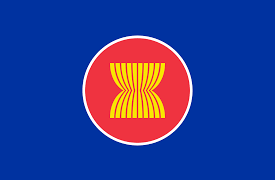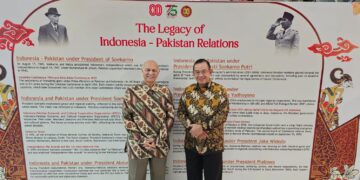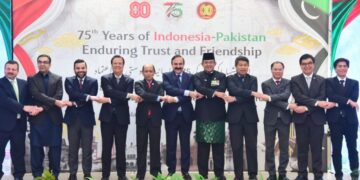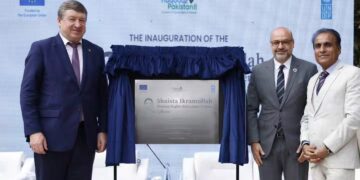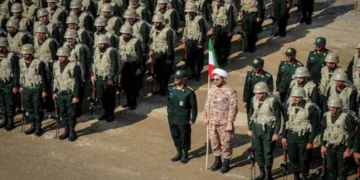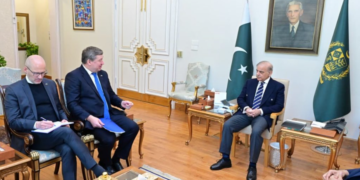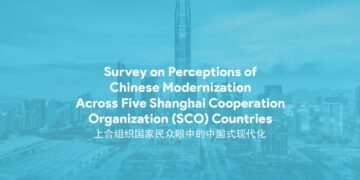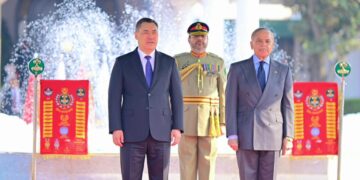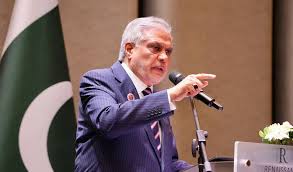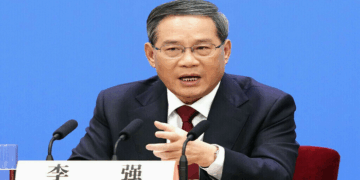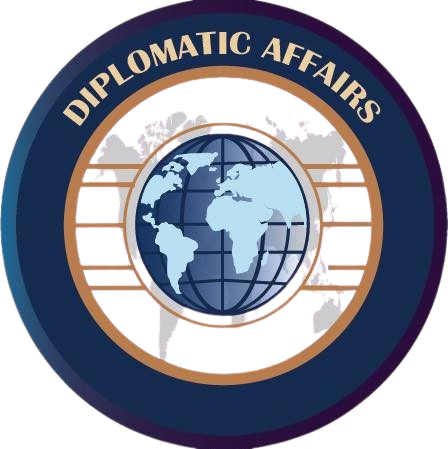WASHINGTON; Pakistan has reached a preliminary agreement with the International Monetary Fund (IMF) to review its loan programme — a crucial step that is expected to unlock the next $1.24 billion tranche from the global lender.
An IMF delegation wrapped up its visit to Pakistan last week without signing the staff-level agreement (SLA) for the second review of the $7 billion Extended Fund Facility (EFF) and the first review of the $1.4 billion Resilience and Sustainability Facility (RSF), which was approved in 2024 to stabilise the country’s economy following a deep financial crisis.
Finance Minister Muhammad Aurangzeb, speaking to Reuters during the IMF-World Bank Annual Meetings in Washington, confirmed that constructive talks were held on quantitative and structural benchmarks during the mission’s stay in Pakistan. He expressed hope that the SLA would be finalised within the week.
Countries participating in IMF programmes are required to clear periodic reviews, which, once approved by the Fund’s Executive Board, lead to the disbursement of the next loan tranche. The IMF programme agreed in September 2024 played a pivotal role in stabilising Pakistan’s $370 billion economy, which had been reeling from historic inflation, a rapidly falling currency, and widening external deficits.
Aurangzeb further revealed plans to issue Pakistan’s first green Panda bond — denominated in Chinese yuan — by the end of the year. The government also aims to re-enter international capital markets in 2026 with at least $1 billion worth of bonds, including Eurobonds and Sukuk options.
On the privatisation front, the minister said Islamabad is moving forward with long-delayed asset sales, including three power distribution companies and the national carrier, Pakistan International Airlines (PIA). Final bids are expected later this year, marking the country’s first major privatisation in nearly two decades. Interest has been shown by five major domestic firms, including Airblue, Lucky Cement, Arif Habib Group and Fauji Fertiliser.
During his Washington visit, the finance minister held several high-level meetings with key officials, including IMF Middle East and Central Asia Department Director Jihad Azour, to review Pakistan’s reform progress and macroeconomic stability. He also attended the Commonwealth Finance Ministers’ Meeting and met senior officials of the World Bank and the US Treasury Department to discuss economic reforms, tariff agreements, and legislation on virtual assets.

